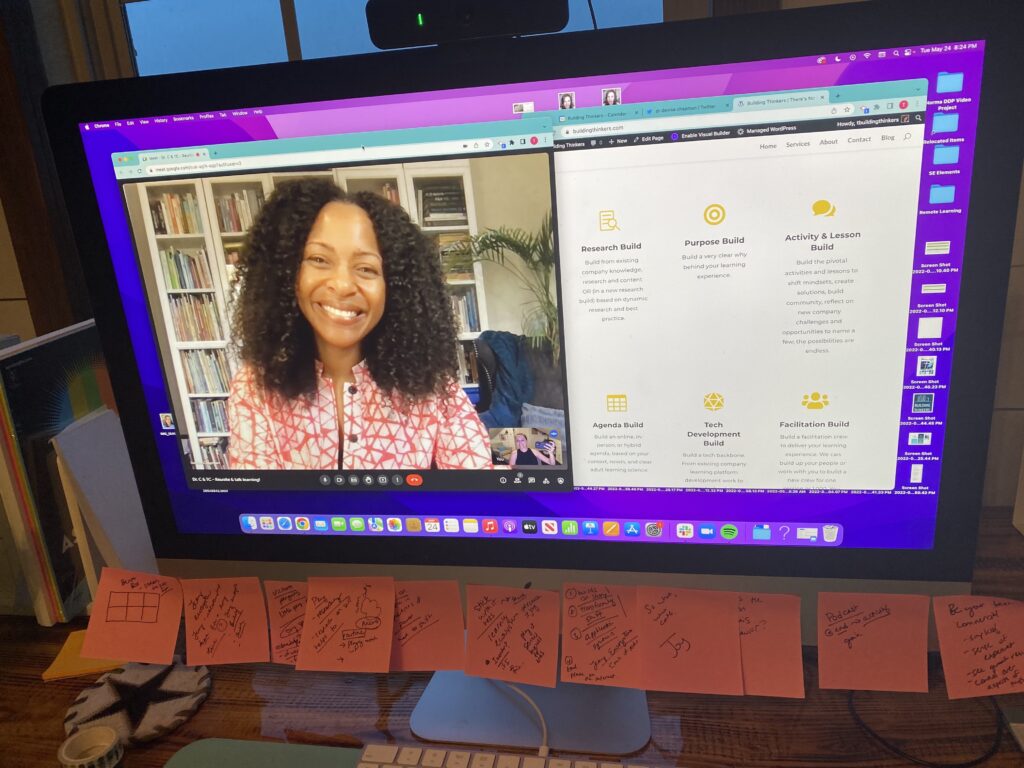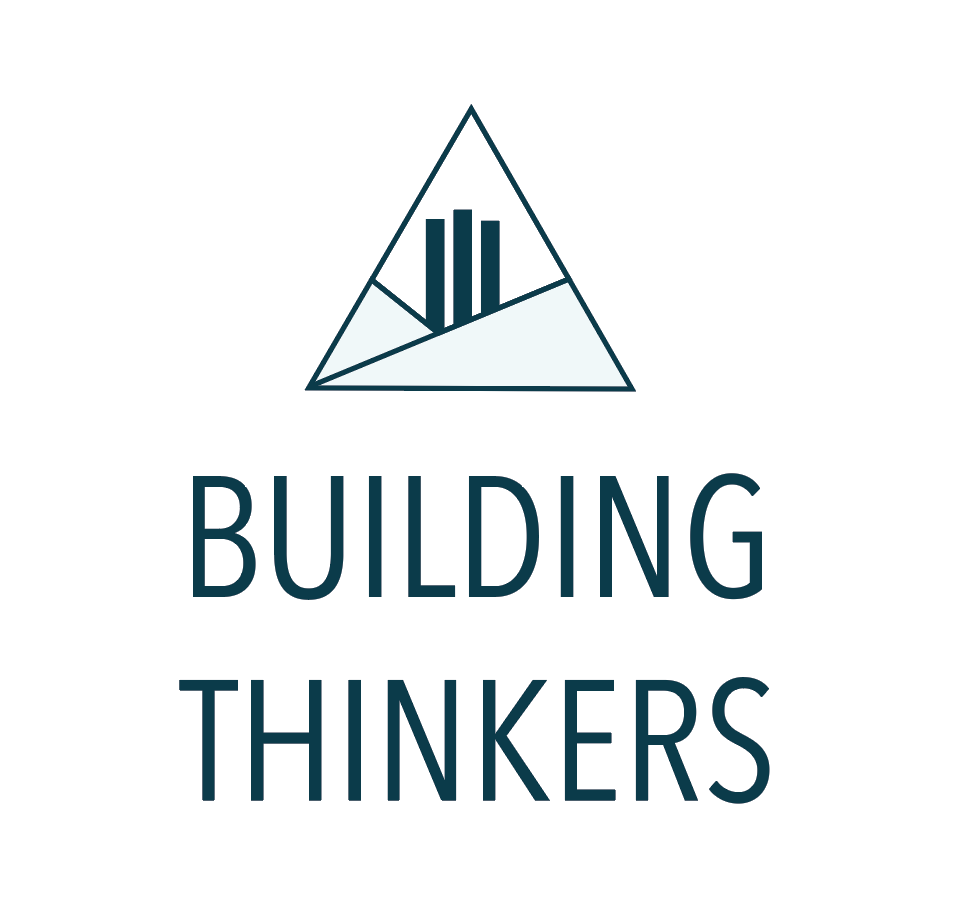Relationships that Build: Three Keys to Improve Relationships with Your learners

We know there is power in relationships and, when it comes to learning, strong teacher-student relationships [are] associated with both short and long term improvements on practically every measure schools care about.* In partnership with one of my clients, I had the opportunity to help research, develop, and facilitate a learning experience focused on what specifically matters most about relationships between teachers and students, and amongst student peers.
This work got me thinking about my own personal connections between relationships and learning. Relationships can be so pivotal in forming our own paths of growth. Dr. Denise Chapman, my former graduate studies professor, advisor, and mentor is one of those pivotal people. In a recent conversation we reflected on how to improve connections with students in a learning experience. Here are three ideas we discussed during our conversation.
1. Honor what learners bring to a learning experience.
Dr. Chapman and I talked about how she learns about her learners. We thought back to how, as my graduate professor, she knew about my desire to create and also my tendency towards perfectionism, at that time. Through her encouragement, my own creative confidence grew and turned into a learning website (in iWeb for any of you who remember that) for my bilingual fourth graders as my end of course project.
It is easy to get so jazzed about a new learning experience and digging into the objectives, that we shortchange ensuring a clear understanding of what our learners bring to a learning experience. In instructional design work, this concept should be built into the analysis step. We can talk in more depth about that another time, but for now, here are a couple questions to consider:
- What prior knowledge, experience and expertise do my learners have related to this topic?
- What hot-spots are there related to this topic? Will learners be bringing in prior positive, negative, or neutral perceptions about this topic?
2. Find out what learners are looking for.
Dr. Chapman and I reflected on how she helped me see a vast range of possibilities to make an impact in education, a realization that primed me to recognize opportunities that came my way. She gave me freedom to diverge from the well-worn education paths.
As you look to build stronger relationships with learners consider asking:
- What’s in it for your learners? Think about not only the connections to clear learning outcomes but also reward pathways (Davis Staedtler and I talked about exactly that on this episode of the Building Thinkers Podcast).
- How can I help make explicit the implicit rewards of learning?
3. Build learning ecosystems rather than isolated learning events.
Dr. Chapman and I discussed how we tap into that exponential power in our learners. How do we get to that “stick-with-it-ness”? And then how we get out of the way by activating learners and then providing learning pathways for them to keep going.
With information and learning so highly commoditized and freely available, the question isn’t as often how to help learners access content, but how to help students stick with it when they do. How do we make learning irresistible? That is the future of learning. Reflective questions to consider:
- Where have I seen in my own experiences as a learner that activation where I couldn’t get enough learning on a topic? What do I notice about any of these experiences?
- What kinds of learning pathways may exist or could we develop to let our learners continue learning?
I can’t wait to invite Dr. Chapman on the Building Thinkers podcast soon to dig back in and share our conversations with you and your teams!
*SOURCE: EdWeek, Why are teacher-student relationships important?
